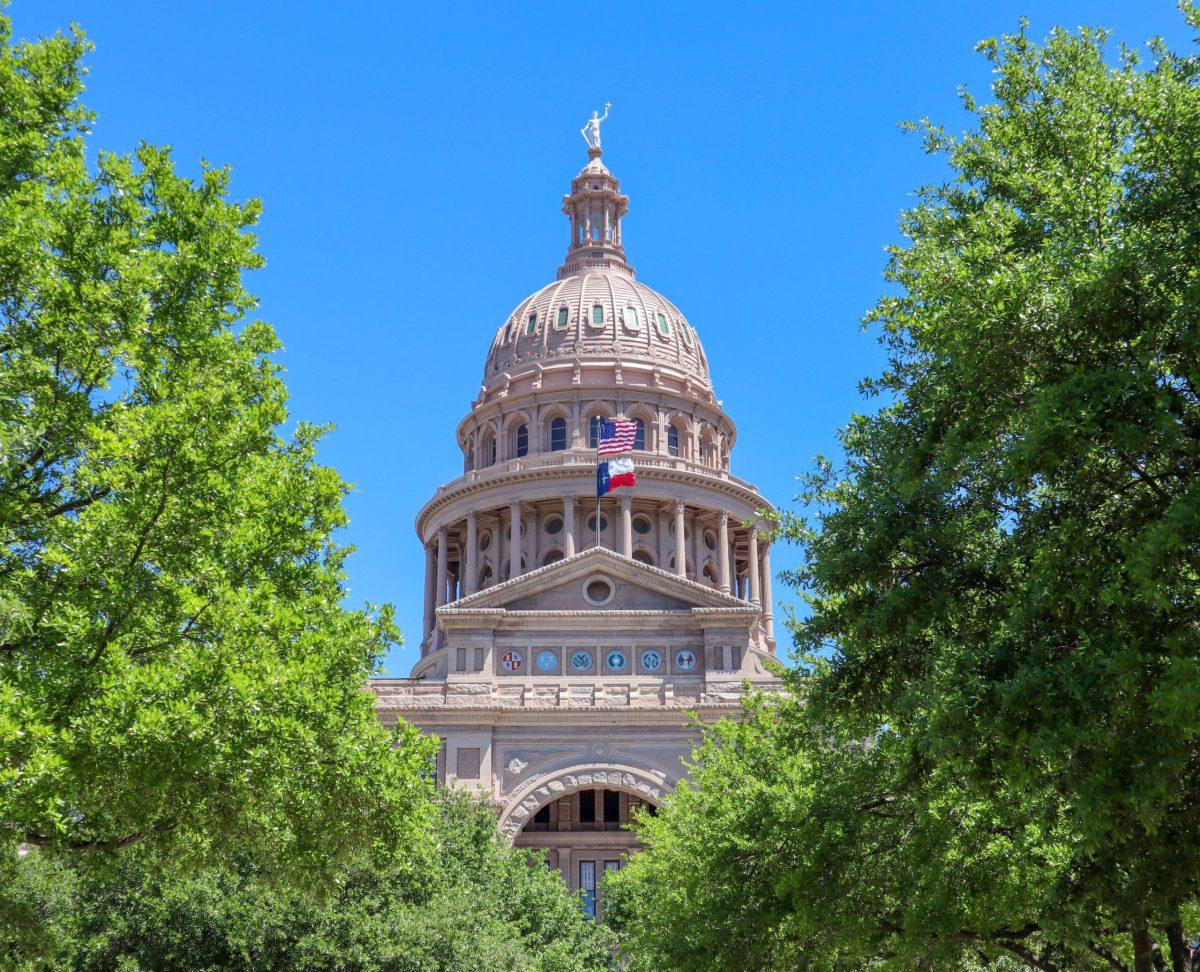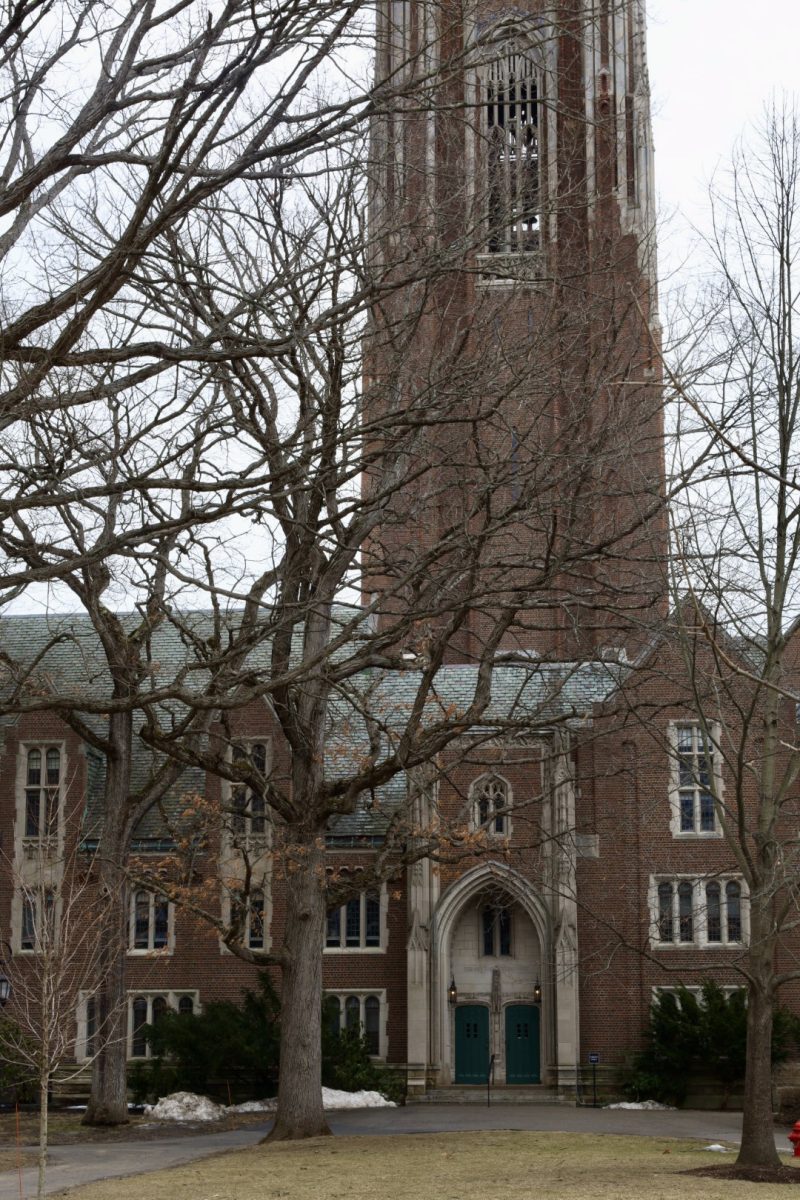So far in 2021, over 100 bills aimed at enacting anti-transgender legislation have been introduced in states across the US. Dozens of state legislatures have begun to vote on these bills, many of which target transgender youth through limits on sports participation or gender affirming medical care. Some bills even prevent kids from being present during classroom discussions of gender identity without parental consent.
The majority of the recent anti-trans bills have been introduced by Republican lawmakers in states like Arkansas, Texas and South Dakota. Democrats, from the Biden administration down to governors and state legislators, claim to support the trans community, but Cal Bullitt ’21 stated that they have not heard any notable response to the recent bills from Democrats. They added that they do not believe the major political parties “serve the needs of the trans community in any way at all.”
“It’s really unfortunate that neither of our major political parties are actively addressing any of the needs of the overall LGBT community [and] the trans community at all,” Bell Pitkin ’23 stated.
They also note that they grew up in North Carolina and witnessed the passage of House Bill 2, which mandated that people using public facilities must use the bathroom that corresponds to the gender they were assigned at birth. Their city, Charlotte, first passed a bill that would allow people to use the bathroom they were most comfortable using. Then, the North Carolina state legislature passed HB2, which overruled any local laws that protected the trans community.
“That was one of the first moments for me … when I was like … no political party is actually going to support us, no matter the advocacy we do,” Pitkin said.
In Arkansas, Tennessee, Mississippi and Florida, governors have already signed bills into law that ban trans athletes from competing in the sport that corresponds to their gender identity. Similar bills are currently sitting in over 20 other state houses across the country. Bullitt believes that K-12 schools should take an aggressive stance in combating new laws barring trans students from school sports teams, as the laws “genuinely affect the mental and physical health of their students.”
“By allowing students the freedom to do whatever they want, they’re going to be happier, better members of their community, and they’re going to achieve more,” they said.
Looking beyond legislation and the political atmosphere in the US, both Bullitt and Pitkin mentioned that the increased visibility of trans celebrities and activists sends a positive message to kids who may be questioning their gender identity.
“If I had seen someone when I was younger that was open about being trans, that would have been huge for me in terms of understanding myself … and I would have saved myself a lot of pain,” Bullitt said. “I do think there is an issue with trans activists about building a fanbase and profiting off of activism rather than directly helping people.”
When searching for ways to support the trans community, it is important to highlight that electoralism and legislative reform are not the only ways to help.
“We focus so much on legislation, and it is important to fight back against these types of legislative actions,” said Bullitt. “At the same time … some of them are already in the process of being passed. There are other things … that prevent trans kids from realizing who they are and becoming who they want to be. We should be doing more direct action and more mutual aid to get trans kids the treatment that they want.”
Pitkin and Bullitt also emphasized that cisgender people who consider themselves to be “allies” to the community should listen to trans and nonbinary people to inform themselves. These new laws can have a very personal effect on trans, nonbinary and gender nonconforming students at Wellesley, a historically women’s college with a complicated record regarding inclusivity.
As of Wellesley’s latest schoolwide student health survey, taken in 2018, 7.8% of the student population at the school publicly identifies as transgender or non-binary: so, that’s about 200 students. However, the school’s external marketing uses “women-centered” language, a policy which senior administrators recently stated would not be changing. This leaves some students, such as Bullitt and Pitkin, feeling silenced.
“You have this institution that refuses to admit that they have trans students or spotlight them in any way or support them…that is something that really infuriates me,” Pitkin said.
They added that it is critical to listen to trans students, especially trans students of color, and “work towards implementing any advice that they give.”
Bullitt believes that the most important thing for cisgender allies on campus to do is to question their own gender identity and give monetary and in-kind mutual aid to trans sibs.
“Just sitting down and considering why you so strongly identify with the term ‘woman’ … and how that relates to you, your body and your mind is such an important step to take, both in understanding the trans people around you and decolonizing your mind,” they said. “Diversity in genders is a positive thing. It’s a good thing for us academically, intellectually, and in terms of building a community.”






